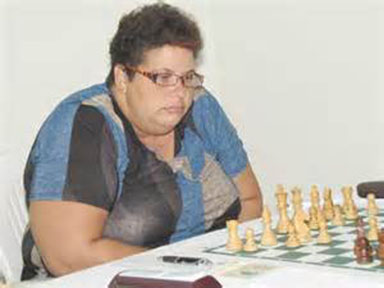Attorney-at-Law James Bond learnt to play chess last December. He was wowed and inspired by the game. Now eight months later, he felt inclined to stoke the smouldering remains of a chess fire caused by inactivity and sponsor a chess competition, minus the seriousness, over the past weekend. Undoubtedly, Bond wants to have chess re-energized for public consumption. His chess lobbying arrived at a time when players had seemingly re-directed their interest from the game. Now the fire is catching again, and the spring in chess players’ steps is returning.
 The reduction of regular chess competition has wounded local chess. The wounds are not serious, however, and can be healed with dedicated efforts. Chess will not survive if we do not play tournaments. The million dollar question therefore is: Do we want chess, the game of kings, to survive locally? The regular hosting of chess competitions has enlivened the game in countries and continents such as Cuba, North America, the Eastern Europe, India, China, and Africa to name a few which have benefited from the game in terms of respect, influence, education and money.
The reduction of regular chess competition has wounded local chess. The wounds are not serious, however, and can be healed with dedicated efforts. Chess will not survive if we do not play tournaments. The million dollar question therefore is: Do we want chess, the game of kings, to survive locally? The regular hosting of chess competitions has enlivened the game in countries and continents such as Cuba, North America, the Eastern Europe, India, China, and Africa to name a few which have benefited from the game in terms of respect, influence, education and money.
The game became interesting during the 1870s when a young, bright fellow from Prague, Wilhelm Steinitz , displayed nerve and will, and demonstrated sufficient talent to credibly label himself world chess champion. Before Steinitz, chess had been mostly a

